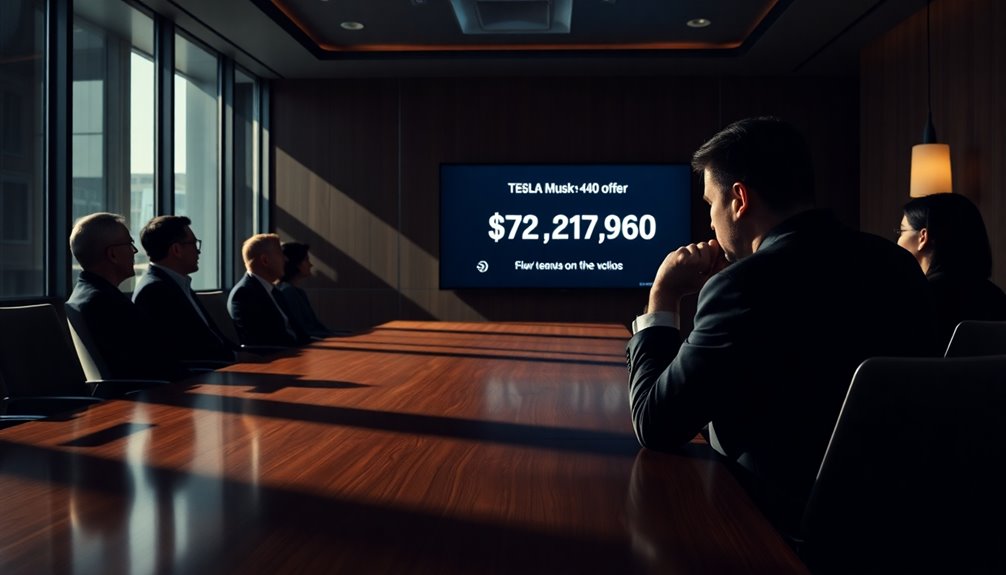You've heard about Elon Musk's staggering $97.4 billion offer to acquire OpenAI, and now Sam Altman stands at a pivotal juncture. Should he sell and potentially revert to OpenAI's original mission, or continue with the current for-profit model? The implications of this decision stretch far beyond OpenAI itself, affecting the entire landscape of AI research. What could this mean for the future of innovation and funding?

Elon Musk has made a staggering $97.4 billion bid to acquire control of OpenAI, backed by a consortium of prominent venture capital firms and his AI company, xAI. This bold move comes after Musk, who co-founded OpenAI, left the organization in 2018 due to strategic disagreements. Now, he's aiming to realign OpenAI with its original mission focused on open-source research and safety in AI development. However, this isn't just about Musk's vision; it's a significant challenge to the current leadership at OpenAI, particularly CEO Sam Altman, who's dismissed the offer with a light-hearted quip about buying Twitter instead.
OpenAI is currently in a transition phase towards a for-profit model, a move that Musk opposes vehemently. His bid could disrupt this trajectory, especially since OpenAI is backed by powerful partners like Microsoft and is involved in a $500 billion AI infrastructure initiative with the U.S. government. Musk's criticism of OpenAI's shift highlights his concerns about the organization's direction.
With recent reports suggesting that Softbank may invest, valuing OpenAI above $200 billion, Altman and his team find themselves at a crossroads. Do they sell to Musk and revert to a non-profit structure, or do they continue pursuing their for-profit strategy?
The implications of Musk's offer extend beyond just OpenAI. The outcome could reshape the entire AI landscape, influencing future technologies and funding models. Musk's history with OpenAI includes legal disputes, where he alleged the organization deviated from its foundational mission.
If he succeeds in this acquisition, it could alter the competitive dynamics in the AI sector, especially since xAI already competes with OpenAI through products like Grok.
You should consider the financial angles, too. Musk might use Tesla shares or SpaceX as collateral for this massive bid, indicating the seriousness of his intentions. Yet, any acquisition will likely face extensive regulatory scrutiny.
The public perception around this bid is also crucial; it highlights the ongoing tensions between Musk and Altman, leaving observers wondering how this rivalry might unfold.
Ultimately, Altman's decision could have profound ramifications for the future of AI research and development. Will he take the plunge and sell, or will he hold firm to OpenAI's current direction? The stakes couldn't be higher, and the world's watching closely.









